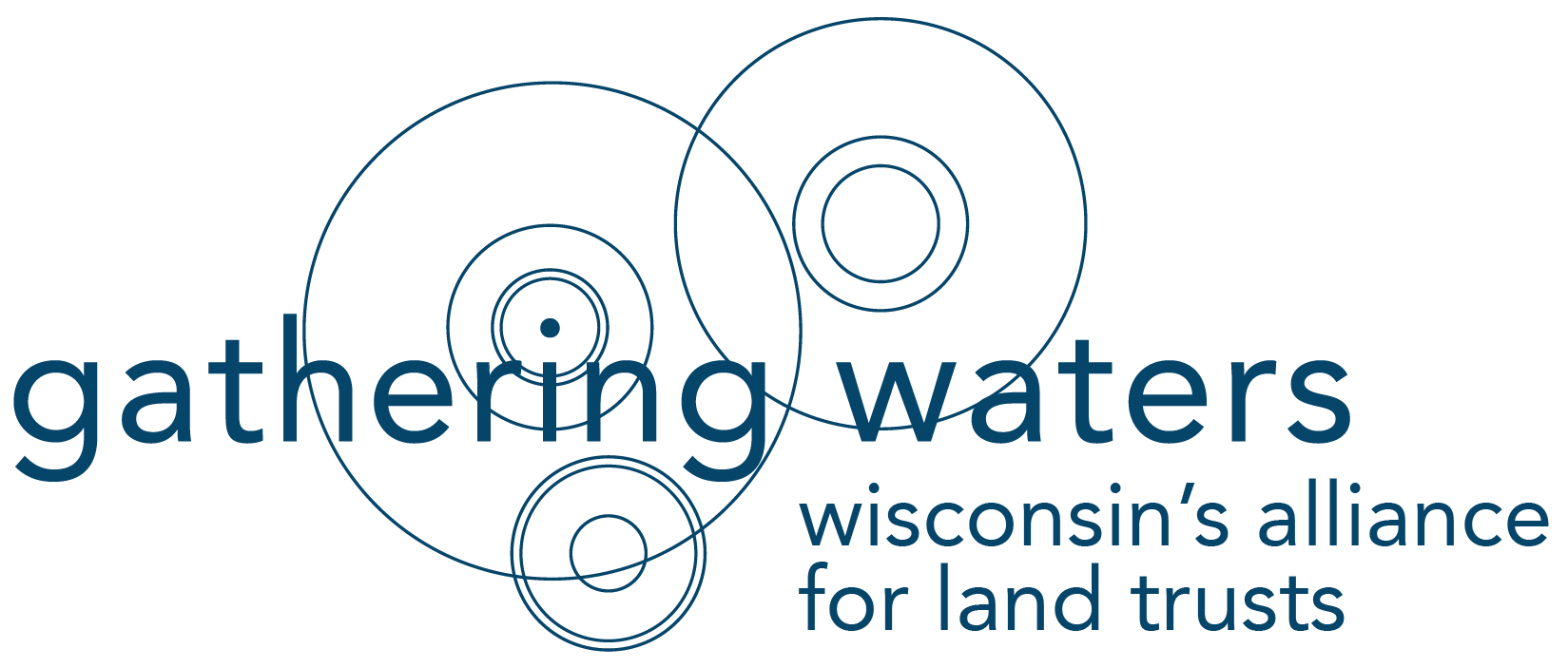We all recognize that resources are increasingly scarce and that the economic climate will continue to put pressure on all of us to more rigorously justify why our work should receive both public and private support in the face of many competing interests.
We’ve recently come across a few studies demonstrating the economic and other values of land conservation. The Gathering Waters Conservancy board has been discussing the value of and need for a more rigorous demonstration of the numerous benefits of land trust work here in Wisconsin as we make the case with decision-makers in the policy and funding realms. Some studies that caught our eye recently include:
- “Return on Environment” The GreenSpace Alliance and the Delaware Valley Regional Planning Commission recently released a report that is the first to quantify the economic value of protected open space in a five-county area of southeast Pennsylvania.
- “A Return on Investment: The Economic Value of Colorado’s Conservation Easements” A study by The Trust for Public Land analyzing the return on the State of Colorado’s investments in conservation easements through the Great Outdoors Colorado (GOCO) and conservation easement tax credit programs.
- “Land & Water: A Quantitative Analysis of Land Conservation’s Impact on Water in Colorado” After several discussions with various conservation advocates, the Colorado Coalition of Land Trusts (CCLT) realized that, although land trusts and open space programs are associated with land preservation and recreation, we, as a community, are not as strongly linked with water and watershed protection as we can be. The fact is when conservation organizations conserve land, they also protect water.
Gathering Waters Conservancy will continue to pursue these and similar questions here in Wisconsin. For now, we hope you find some value in these reports and that they may help us demonstrate the multiple and significant values provided by the work of land trusts. And, please let us know your thoughts.


